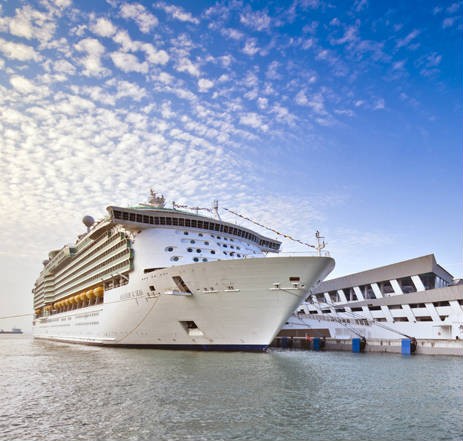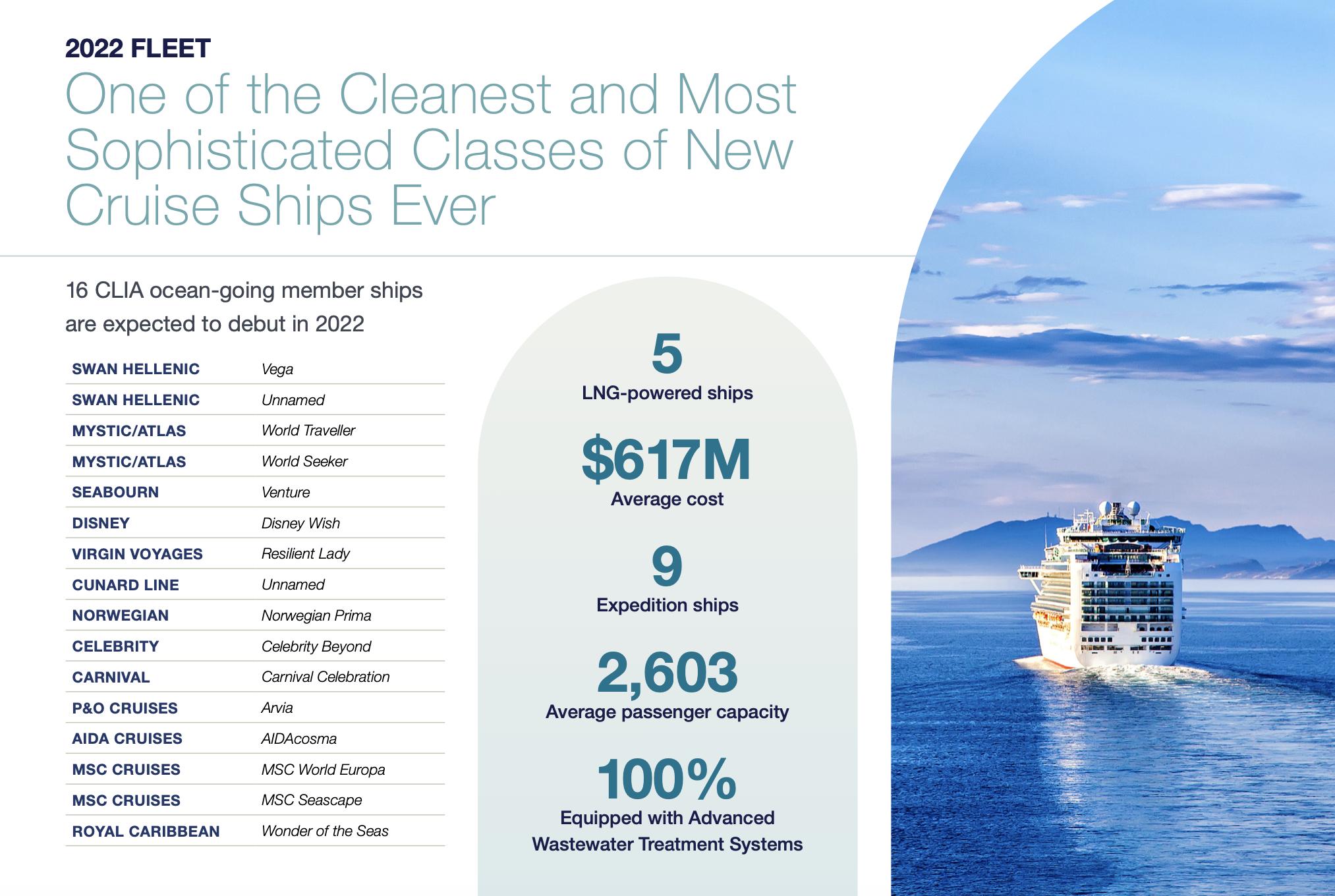
The CDC may offer a cruise ship program that could help to prevent the transmission of the COVID-19 disease. Find out more about the disease's color code, vaccination recommendations, and conditional sailing certificates. In addition, discover the risks associated with COVID-19 transmission. You don't have to worry about it, the CDC continues to offer guidance and recommendations for cruise ships. These steps will eventually help cruise ships improve safety for all passengers.
COVID-19 by the CDC is a program for cruise ships
The Centers for Disease Control and Prevention have published new guidance for COVID-19 on cruise ship water. This guidance is based a current scientific consensus and will be revised periodically. Cruise ships will receive notification when new guidance becomes available. In the meantime, travelers should contact their cruise line directly for any information about COVID-19. Read the latest updates below to learn more. Al Tompkins, a senior faculty member, wrote this article.

The color-coding system developed by CDC for COVID-19 patients
After months of rolling back regulations, the Centers for Disease Control and Prevention (CDC) has retired its "COVID-19 Program for Cruise Ships." Although the program has been retired, the CDC still publishes guidance to assist cruise lines in preventing the spread of the disease. The CDC's color code system allows cruise lines to quickly identify which ship is most likely to transmit the virus.
CDC recommends COVID-19 vaccines
To increase safety for their passengers, cruise lines now have the option to use a tiered vaccination system. The CDC recommends that passengers and crew members receive COVID-19 vaccinations at ninety percent. The new guidelines direct cruise lines to make sure that passengers and crew can check the status of their COVID-19-vaccination status on their website. The CDC also recommends that travelers get the COVID-19 vaccine prior to boarding a ship. It should be administered within one day.
The conditional sailing certification issued by CDC
A cruise ship's certification statement must contain information that helps the CDC assess the safety of passengers and crew. It must also include any deficiencies in health and safety protocols and their resolution. Cruise ship operators must provide any records they may have, including volunteer crew and passenger test results, in their COVID-19 Conditional Sailing Certificate application. A detailed plan of action must be provided by the cruise ship operator to the CDC.

CDC's guidelines for commercial repatriation to U.S.-based COVID-19-infected persons
HHS has published updated guidelines for commercial repatriation to U.S.-based people with COVID-19. HHS will continue to work with stakeholders and the Return to Workplace Task Force. In addition, employers should make sure they develop phased return to work plans, implement these plans, and satisfy applicable collective bargaining obligations. The guidelines should also be communicated to employees.
FAQ
These four factors affect the cost of a cruise.
The main factors that affect the cost of a cruise are how long you'd like to stay on board, whether an all-inclusive package is preferred, how many people will be traveling with you, and which type of cabin you book.
Are cruise ships safe?
Yes, cruise ship travel is very safe. Cruise ships are equipped to handle the most sophisticated technology and security measures. Safety standards are also adhered to by cruise ships. Crew members go through extensive training, and must pass background checks. Before boarding the ship, passengers must be screened. Some cruise lines require passengers to provide proof of vaccinations against certain illnesses. If you ever have concerns about your safety while on board, contact the cruise line's customer relations department immediately.
Why are cruise vacations popular?
The appeal of cruises is growing because they offer a unique vacation experience for those who aren't interested in long flights or airport delays. The cruises offer a relaxed atmosphere that allows passengers to relax and enjoy their vacation without having to worry about work or other daily details.
Travelers can also visit other destinations by boat, which makes it possible for them to cruise ships. They have plenty of time to explore all the attractions and sights in each destination.
Why shouldn't I book my cruise in advance?
You don't have to book your cruise before you travel. You may find that you save money by waiting until the last minute. If you do decide to wait, book early. You can take advantage of promotions and special offers offered by cruise lines.
Where do cruises start?
Miami is the most popular destination for cruise vacations. Cruises depart from this city because it has both international airports and ports. These two locations enable passengers to travel throughout South America and Europe.
What is cruising?
A deposit is required to reserve a cabin for a cruise. It can range from $50-$100. Your balance is due 30 days before departure. When you arrive at the port, you check into your cabin. You may then participate in one or more of the many activities onboard.
What is a cruise ship vacation like?
A cruise ship vacation can be described as an all-inclusive experience that provides all the amenities you need. There are many options for dining, entertainment, and activities. It's more than a place to stay and eat. It's also a great opportunity to relax and have fun. Only thing you will need is your sense for adventure!
Statistics
- You can save 15% off the total price if you book in advance of your trip. (travel.usnews.com)
- In addition, 10 to 15 percent gratuity is typically added to bar bills — for alcohol and soft drinks — and gratuities are applied to spa treatments. (cruiseline.com)
- For an example of savings, Royal Caribbean offers up to a 40% discount with a dining package. (travel.usnews.com)
- *20% Gratuities Apply on Free Unlimited Open Bar; Free Specialty Dining. (ncl.com)
External Links
How To
How to avoid being seasick while on a cruise
The best way to avoid seasickness on a cruise is by wearing a hat. A wide-brimmed cap helps to prevent motion sickness by keeping your head from moving too much.
Also, a cap keeps water off the skin and helps to reduce the moisture content of the air. This makes breathing easier for people prone to feeling dizzy when they breathe in moist air.
Another tip is to drink plenty of fluids. Avoid alcohol or caffeine. These drinks dehydrate the liver, causing fluid to pool in the stomach. Drinking enough liquids will help reduce the amount of salt in the bloodstream. The body retains water due to salt, which can lead to nausea.
You may feel nauseated if you eat something salty. Salty foods can cause your stomach to produce more hydrochloric acids, which aids in breaking down food particles.
These tips may not work. There are other medications that can be used to treat seasickness. Some medications can cause side effects like dry mouth, dryness, constipation, blurred sight, headaches, dry lips, dry skin, dry gums, dry lips, constipation, dry eyes, dry throat, dry skin, and constipation.